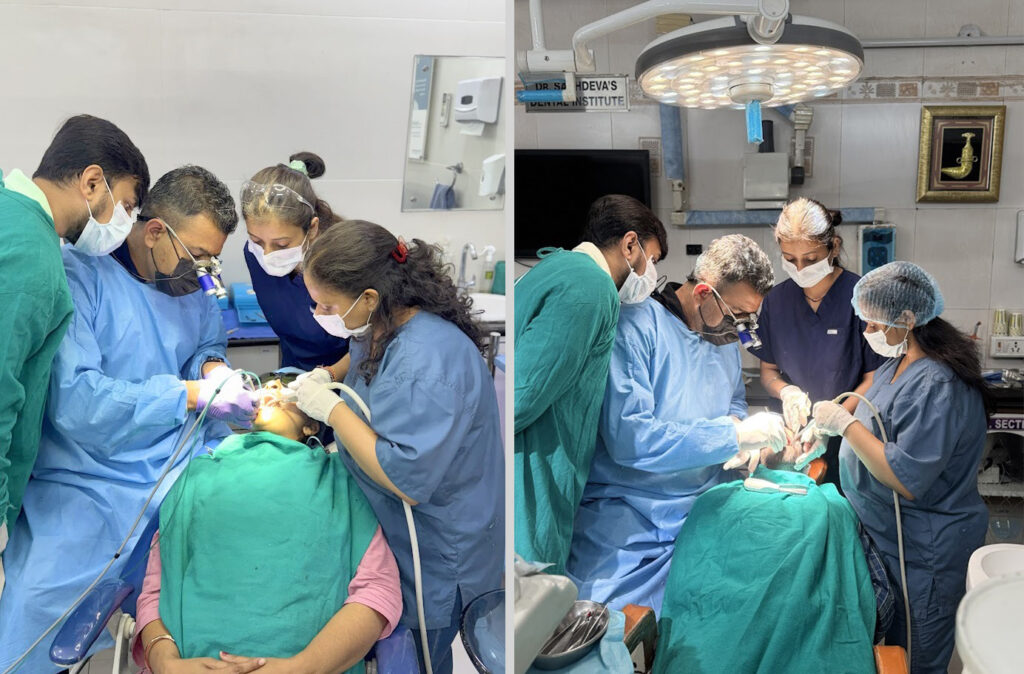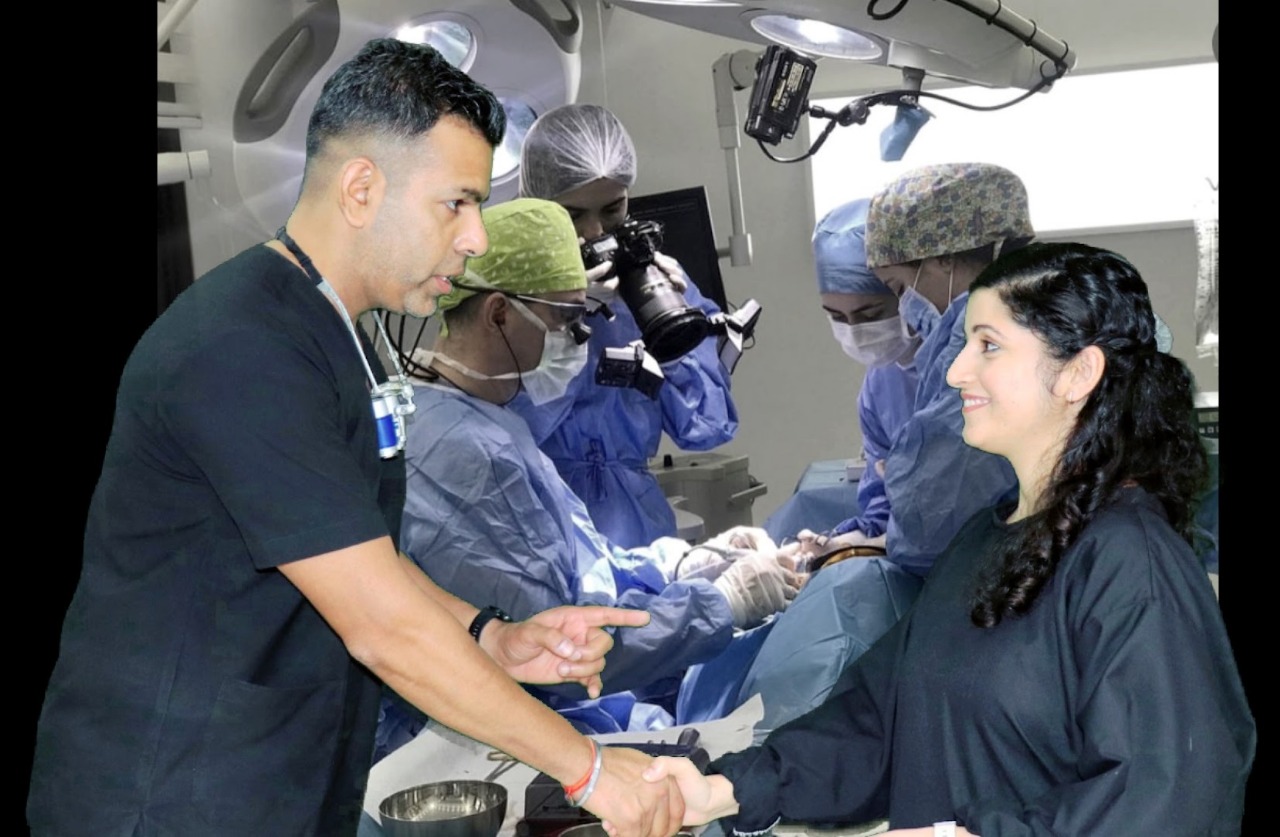
An Honest Look at the Bias in Dental Care Decisions
Bias Exists – and It’s Real
Let’s face it—when choosing a dentist, many patients subconsciously assume:
-
More years = better dentist
-
Fewer years = risky choice
But is that always true? Let’s break it down.
New Graduates: The Fresh Force in Dentistry
-
Latest Knowledge & Techniques
Today’s dental grads are trained with cutting-edge advancements—digital scanners, aligners, biomimetic restorations, and minimally invasive workflows.
(Think: modern tools, precise treatments, tech-integrated care.) -
Driven to Prove Themselves
You’ll rarely see a fresher who’s not double-checking details, seeking second opinions, or going the extra mile. Thoroughness is their norm. -
Patient Time = Top Priority
Expect longer consultations, clearer explanations, and genuine post-op care. You’re not “just another case.” -
Tech-Savvy & Eager to Learn
From intraoral photos to digital treatment plans and patient education videos—they’re on top of it.
Potential Downsides:
-
They haven’t seen the long-term outcomes (like 10-year follow-ups or failed crowns).
-
May hesitate in high-pressure or emotional scenarios.
-
Decision-making in complex cases can be challenging.
Experienced Dentists: Wisdom in Action
Why They Shine:
-
Speed + Pattern Recognition
Years of clinical exposure allow them to diagnose fast and efficiently—this builds trust and saves time. -
Refined Hand Skills
Mastery over RCTs, extractions, and crown preps comes from repetition and real-world practice. -
Emotional Intelligence
Nervous or high-maintenance patient? They’ve seen it all—and know how to handle it with grace. -
Post-Treatment Perspective
They know what holds up over time and will steer you toward long-term, practical solutions—not just trendy ones.
But There’s a Flip Side:
-
Some may rely on outdated techniques—giving you 2010 dentistry in 2025.
-
Confidence can sometimes skip over patient education.
-
May be less inclined to adopt new technologies or workflows.
So… Who Should You Choose?
It’s not about the number of years.
It’s about:
-
How open they are to continuous learning
-
How deeply they care about your case
-
How honest they are about their limits and capabilities
From a Young Dentist’s POV:
“We don’t want to compete with our seniors—we want to learn from them. But don’t dismiss us just because we’re new. We’re trained, licensed, and genuinely invested in every single smile we care for.”



